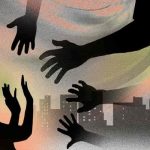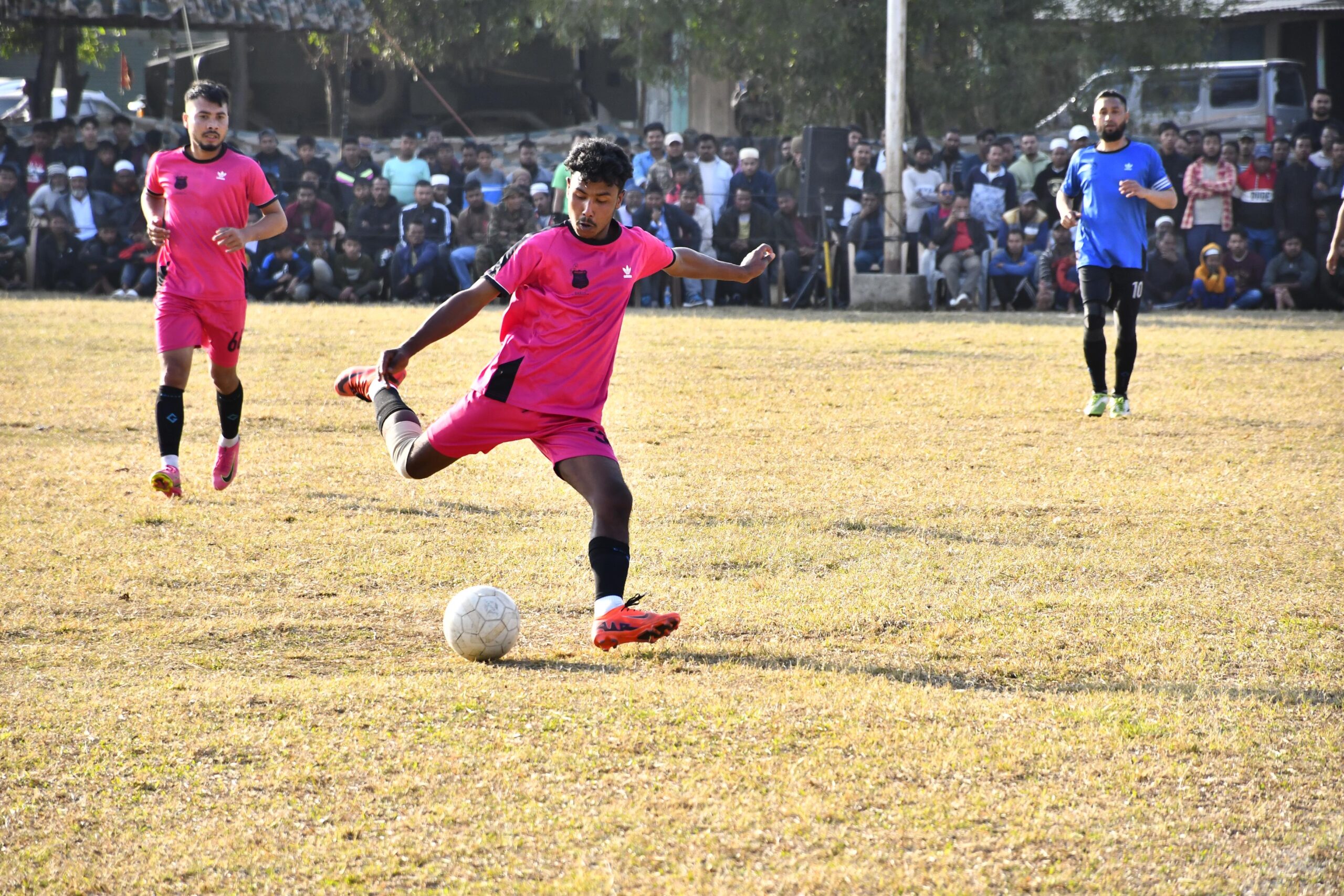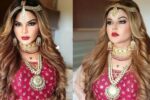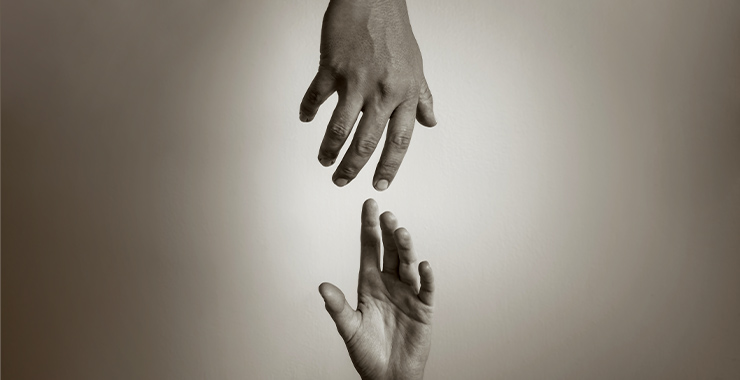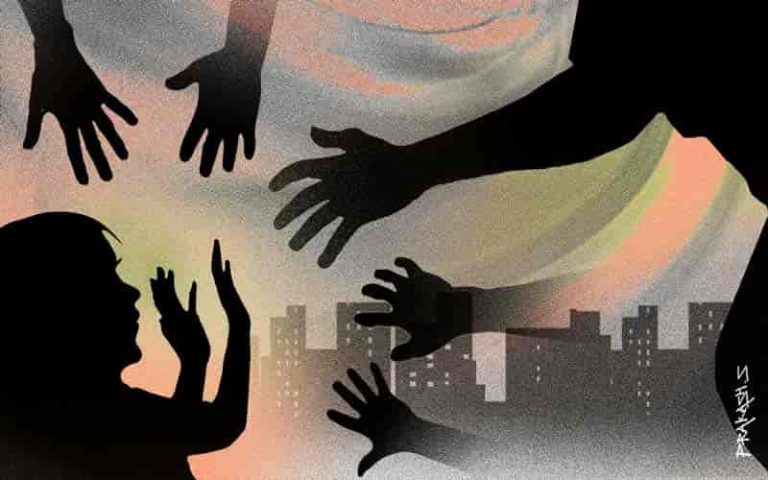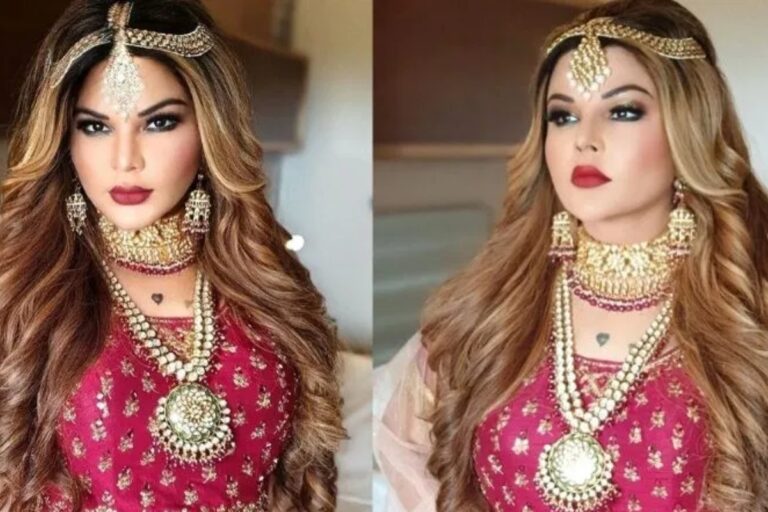Storyweavers organised the sixth edition of Art After Dark on August 14 at NEthing in Guwahati to raise mental health awareness and instil empathy in young and adults alike. The event was supported by Dream House Music & Film Academy, one of the top film and television institutes in North East India. Storyweavers, a Mumbai-based advertising and branding agency, in their mental health awareness programme, covered a diverse range of cultural events from music, theatre, visual art, and poetry. It aims to provide a non-judgemental platform wherein one can share their thoughts through different mediums of expression and explore how arts and cultural engagement can help prevent mental ill health, support recovery, and address stigma.
The sixth edition kicked off with a beautiful musical performance by the students of Dream House Music and Film Academy, followed by poetry and music recitals by several talented individuals.
Dr Sudipta Dipak, senior resident, Anatomy, NEIGRIHMS, Shillong, stressed on the importance of mental health. In his address, he said, “Mental health stigmas can often come from either a place of fear or a lack of understanding. Unfortunately, this combination can foster a negative view of individuals who are dealing with mental health issues. Increasing awareness of mental health helps society work toward eliminating its stigmas. For instance, developing a greater understanding of mental illness can allow people to recognise those in their lives who may be dealing with anxiety, depression, or other conditions that affect their mental well-being. This could even include self-realisation of their own mental health conditions.”
Co-founder of Storyweavers Rishi Paullah said, “As always we, Storyweavers, have been addressing mental health through different art forms, be it through our literature or through our events. We’re six events down and hosted over 70+ online events during the pandemic times to keep people engaged. Humanity is at a threshold of pain stress, anxiety and short attention issues, and it’s high time we rethought our fundamentals. Mental health issues have grown tenth-fold since the pandemic, and we had been thinking to bring the offline events back to where it belongs. We’ve constantly been doing what we’ve believed in, addressing, sensitizing, and creating awareness about mental health through subtler approaches, rather than a more didactic approach. It’s good to see people from all age groups, right from 12 to 70+ attending these events and opening their hearts out to express themselves through art forms or conversations.”

